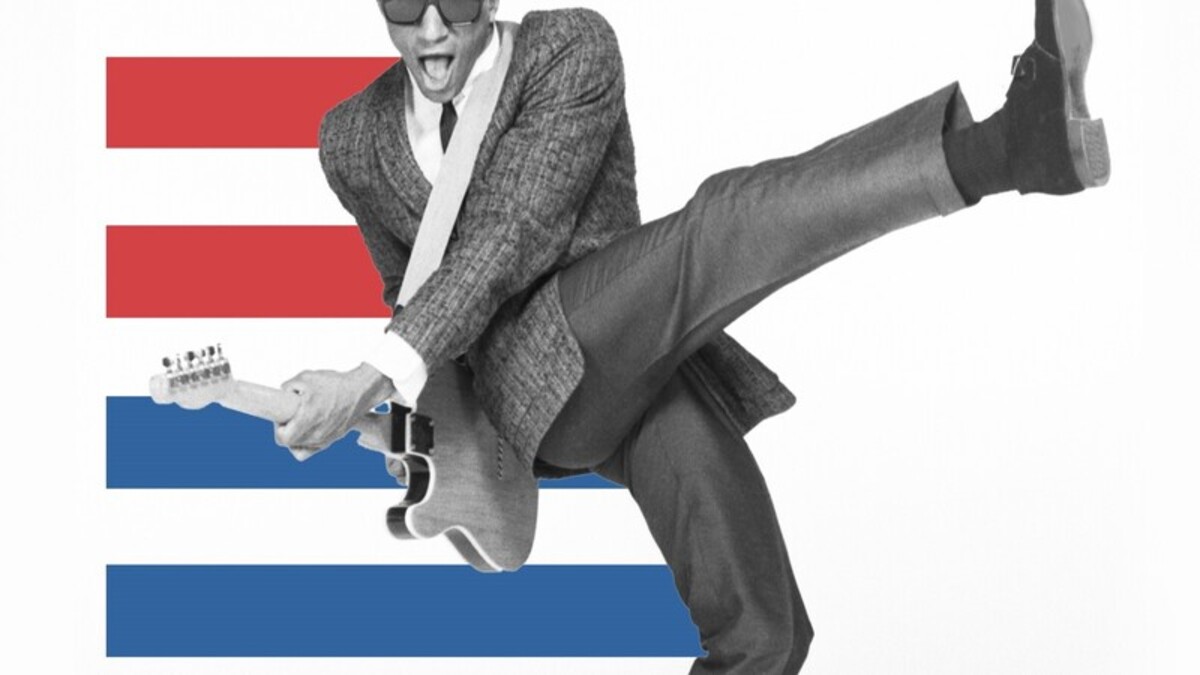
SKA BOOM! An American Ska & Reggae Oral History
Marc Wasserman
DiWulf Publishing
A good book about ska is overdue. There are a lot of books about reggae, punk rock, blues, jazz, and pretty much any other genre you can think of. When you look for something on ska, you’ll find a few books by some of the musicians from the 2 Tone era and some chapters in books on reggae and not much else. So Ska Boom! begins to fill that void with an oral history of ska and reggae in America.
The book is clearly a labor of love. Marc Wasserman has been a ska fanatic since seeing The English Beat and Madness in 1983. Marc was a part of the New York ska explosion of the late 1980s. He was the bass player in Bigger Thomas, who shared stages with most of the bands covered in Ska Boom! He’s also been a founding member of Rude Boy George, a band founded in 2013 dedicated to playing ska/reggae versions of ’80s new wave and punk tunes. He also founded Heavensbees in 2014 to play 21st century 2 Tone sounds. Since 2008, Marc has been writing about ska for his blog, Marco on Bass and more recently, started a Ska Boom podcast. So the man knows what he’s writing about.
Ska Boom! covers the period from 1973 to 1993, more or less covering the wilderness years when tiny clusters of ska fans began forming bands and creating local scenes. Marc focuses on the people who built the foundations for the Third Wave ska explosion of the 1990s. Some of these bands (The Toasters, The Scofflaws, Bim Skala Bim) were able to ride that wave to some level of glory. Others like the Boxboys, Heavy Manners, and Second Step didn’t last long enough to be part of that scene. Marc makes the case that there really would not have been a Third Wave without these bands spreading the seeds after the collapse of 2 Tone in the ’80s.
The book is an oral history of ska in America. Each chapter of the book is about one band and the scene they were a part of. Marc has assembled interviews with band members, club owners, promoters, record company people, and fans to tell the story of the bands’ founding, how they built a scene with likeminded fans, and finding some level of success or flaming out. The chapters feel a bit like the old VH1 show Behind the Music. We find out how the band came together, how they rose to whatever level of success they had, and whatever came next. For bands like Heavy Manners who flamed out, we get a pretty comprehensive story. For the bands like The Toasters, Bim Skala Bim, and the Scofflaws, who managed to hang on and keep going long after the boom years, their stories wrap up around the 1993 mark. It’s a little frustrating, because fans know there is a lot more to the story.
Ska fans will enjoy the feeling of sitting around a dressing room swapping stories with bands they love. I never realized that The Hooters were a ska band before finding success as an Americana mainstay. The chapter on The Toasters tells their origin story largely from the perspective of their original toasters who bolted for a solo career as Unity 2.
Some of these stories are cautionary tales about how the music business crushes promising bands. The Shakers were possibly the first American reggae band who formed in Berkeley in the early ’70s. They built a devoted following, which got them a major label deal. Their label didn’t know what to do with them and let their only album, Yankee Reggae, die on the vine. The Boxboys were instrumental in igniting a Southern California ska scene. They made compromise after compromise in search of a record deal and gave away everything that made them special. The story of Chicago’s Heavy Manners is an excursion in frustration. The band did everything right and got Peter Tosh to produce their album, which never came out because they ran out of money and gave up when faced with a couple years worth of gigging to raise the money to pay to get the record made.
The final chapter brings all the threads together, telling the story of the watershed Skavoovie Tour of 1993. That tour brought the generations of ska together on a package tour of America. Bucket from The Toasters put together a tour headlined by The Skatalites (the studio band that more or less invented ska in 1960s Jamaica), The Special Beat, and The Selector representing the 2 Tone movement and The Toasters carrying the banner for the emerging American ska scene. That tour inspired kids all over America to start their own groups. The Skavoovie Tour also proved that a good ska bill could make money.
I enjoyed reading Ska Boom! I followed Ska from the 2 Tone years through the Third Wave. I wrote about some of these bands for my fanzine Moe Works at Wal-Mart and the St. Petersburg, Florida biweekly Focus Magazine. I hope we’ll be seeing more books on ska.












